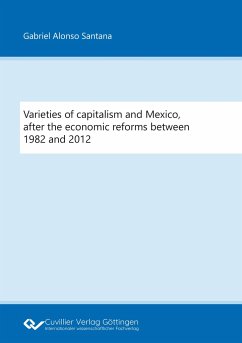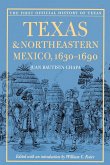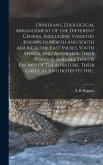This work departs from the literature about Varieties of Capitalism (VoC) to study Mexico after the economic and political reforms enacted there between 1982 an 2012, which were characterised as neo liberal. These were a 180º turn from the previous twelve years, when the State invested heavily in corporations and even in oil production and export. If such previous economic structure was similar to a state-led, corporatist but capitalist economy, perhaps the new one would similarly follow a specific model. The question of the study is: after the economic reforms in Mexico between 1982 and 2012, what is the VoC of Mexico? This is about the open market, international free trade and investment, privatisation and other economic reforms that began in Mexico in that period. This book also comments on some indicators of economic wellbeing, as these reflect the results of the reforms. Finally, it makes a critical assessment of those changes, before attempting to answer the research question.
Bitte wählen Sie Ihr Anliegen aus.
Rechnungen
Retourenschein anfordern
Bestellstatus
Storno








